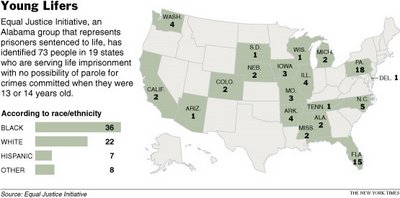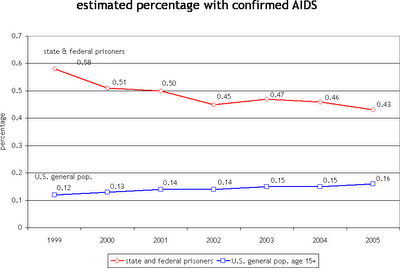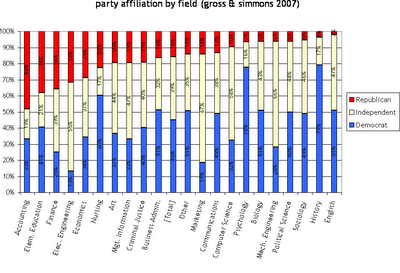October 6, 2007
New York Times
Out of Prison and Deep in Debt
With the nation’s incarcerated population at 2.1 million and growing — and corrections costs topping $60 billion a year — states are rightly looking for ways to keep people from coming back to prison once they get out. Programs that help ex-offenders find jobs, housing, mental health care and drug treatment are part of the solution. States must also end the Dickensian practice of saddling ex-offenders with crushing debt that they can never hope to pay off and that drives many of them right back to prison.
The scope of the ex-offender debt problem is outlined in a new study commissioned by the Justice Department’s Bureau of Justice Assistance and produced by the Council of State Governments’ Justice Center. The study, “Repaying Debts,” describes cases of newly released inmates who have been greeted with as much as $25,000 in debt the moment they step outside the prison gate. That’s a lot to owe for most people, but it can be insurmountable for ex-offenders who often have no assets and whose poor educations and criminal records prevent them from landing well-paying jobs.
Often, the lion’s share of the debt is composed of child support obligations that continue to mount while the imprisoned parent is earning no money. The problem does not stop there. The corrections system buries inmates in fines, fees and surcharges that can amount to $10,000 or more. According to the Justice Center study, for example, a person convicted of drunken driving in New York can be charged a restitution fee of $1,000, a probation fee of $1,800 and 11 other fees and charges that range from $20 to nearly $2,200.
In some jurisdictions, inmates are also billed for the DNA testing that proves their guilt or innocence, for drug testing and even for the drug treatment they are supposed to receive as a condition of parole. These fees are often used to run the courts, the sheriffs’ offices or other parts of the corrections system.
A former inmate living at or even below the poverty level can be dunned by four or five departments at once — and can be required to surrender 100 percent of his or her earnings. People caught in this impossible predicament are less likely to seek regular employment, making them even more susceptible to criminal relapse.
The Justice Center report recommends several important reforms. First, the states should make one agency responsible for collecting all debts from ex-offenders. That agency can then set payment priorities. The report also recommends that payments to the state for fines and fees be capped at 20 percent of income, except when the former inmate has sufficient assets to pay more. And in cases where the custodial parent agrees, the report urges states to consider modifying child support orders while the noncustodial parent is in prison. Once that parent is released, child support should be paid first.
The states should also develop incentives, including certificates of good conduct and waivers of fines, for ex-offenders who make good-faith efforts to make their payments. Where appropriate, they should be permitted to work off some of the debt through community service. Beyond that, elected officials who worry about recidivism need to understand that bleeding ex-offenders financially is a sure recipe for landing them back in jail.









